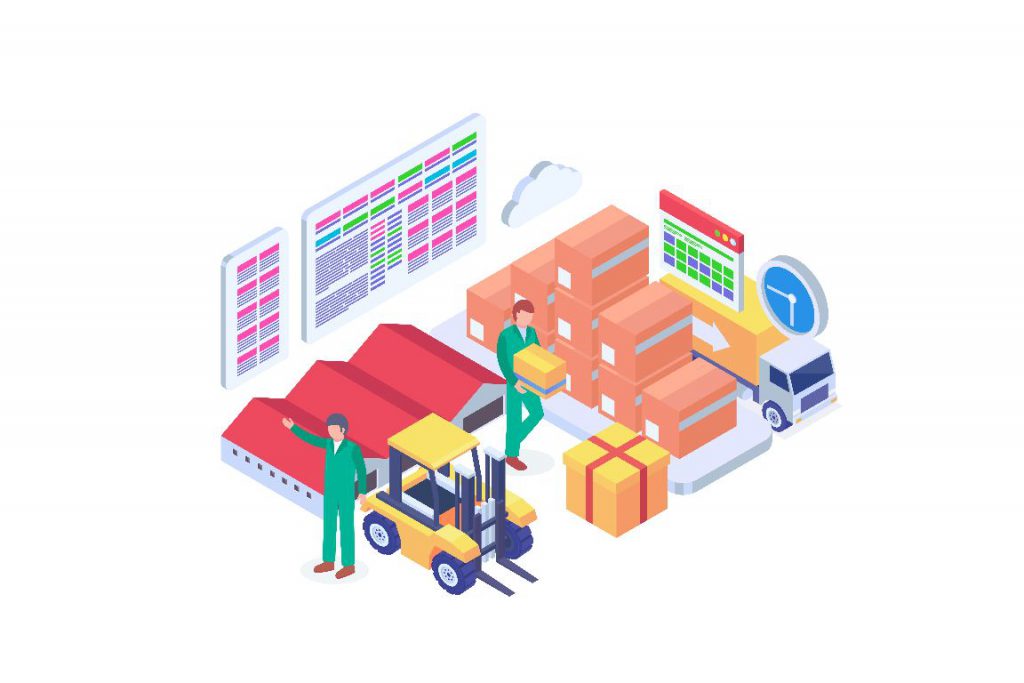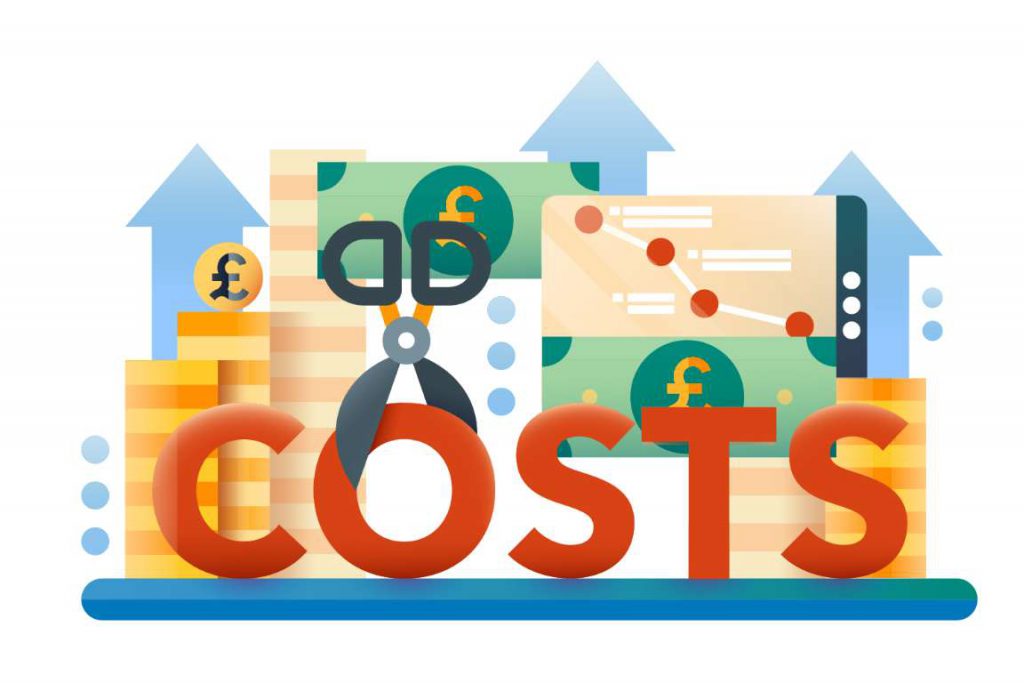
When it comes to running a growing retail establishment, having the right tech stack in place to monitor your performance and processes is essential to your success. In addition to having the proper EPOS system in place, investing in the right inventory control and reporting software is also key.
That’s why the team of retail EPOS and stock management experts from Eurostop has collected some important information for you here regarding inventory reports.
What Exactly is an Inventory Report?
In the simplest of terms, an inventory report is designed to provide you with real-time data regarding your company’s current stock position. They can provide your enterprise with transparency of how much stock you currently hold, where it is and how your products are performing at any given time. Furthermore, inventory reports are essential for forecasting and planning purposes and making certain you always have your shelves stocked with your best-selling items for consumers; and importantly avoiding dreaded stockouts.
How Often Should I Check My Inventory Reports?
There are various types of inventory reports, so the right options for you will depend largely on your specific outfit and your needs and goals for the future. Your retail business relies on having the proper inventory to meet customer demand and to be able to stock up for future consumer influxes (such as promotions, special events or the holidays). It’s vital to review your inventory reports regularly in order to have a clear outlook on every aspect of your business. Such reports need to be data-driven and provide metrics both at the micro and macro level.
How Do I Customise My Inventory Reports?
With a reliable stock control system, your inventory reporting may be customised. However, if you want to get relevant insights and make sure they are as comprehensive as possible, some important must-haves key metrics will include:
- Building a List of Products/Assets
Often, at least some of this information can be exported easily from a retailer’s POS system and will include the most basic information on your products, such as the number of available units on the floor and stocked elsewhere (including different locations), as well as different variants, prices, SKU numbers, etc. With proper Inventory Reporting, you can tailor your product list to be more precise and give you the exact outlook you need. This may involve adding reporting data that is relevant to your business and how you operate, or being able to drill down to analyse information at the correct level.
- Develop a Timeframe
A reliable stock control system will enable you to report on everything from annual data to hourly data if necessary. Your inventory data could be extensive but it’s important to select a suitable timeframe to report on so that you can gain meaningful insights. When comparing seasonal inventory reports, be sure to account for influxes due to seasonal holidays and sales, promotional days, etc. Furthermore, to analyse growth or perhaps the effectiveness and return on investment of various strategies or promotional campaigns, it is also important to mine data across comparable date ranges.
- Run the Numbers
After you’ve outlined your scope, it’s time to use your stock control software to generate the reports you need. For more general inventory analysis, you may want to start with one of the automated reports offered by your inventory control system to become familiar with how the process works. You should be able to generate reports to outline specific areas for growth or identify low periods of sales or other inventory issues, such as shrinkage. It may also be able to create customised or more complex reports to identify trends for your particular business.
How Often Should I Run an Inventory Report?
Like the section above, there’s no hard and fast rule here for when precisely you should run an inventory report. However, it should be done regularly with some general recommendations for doing so, such as:
- On a Weekly & Monthly Basis
One way you can make certain that you’re optimising your business’s performance and supporting your teams at every level is by generating weekly and monthly inventory reports. Doing so can, for example, provide vital information to sales managers on the floor, in addition to giving you an overview of how your business is doing. You can track sales trends on a weekly, monthly, and quarterly basis.
- After Holidays or Busy Selling Seasons
By automatically generating inventory reports after holidays and busy selling seasons, you can not only determine how the occasion affected your sales, but also how much your business has grown over the years. You can also identify any stockouts so that you can better understand your product offering and demand. Armed with this valuable information, you are then able to manage your most valuable asset, your inventory, better. Such tools are also great for marketing purposes and determining what sold a particular year and what didn’t, enabling you to respond and adjust your marketing plans accordingly.
- Specific Reports Based on Your Operations
Inventory reporting is a great way to take a look at your general operations to determine if any business processes need review or changing. They enable you to identify any issues before they become too much of a problem and make the necessary adjustments. Take a look at how often you’re ordering items, whether you are ordering too much or not enough and whether your allocation is meeting shopper demand across your POS estate.
Different Types of Inventory Reports to Generate
As previously mentioned, there are a wide variety of inventory reports your stock control system will be able to generate, some of the most common being:
- Stocks and Sales Reports
- Product Performance Reports
- Target Stock Reports
- Turnover Reports
- Replenishment Data
- Comparative Analysis Reports
Contact Eurostop for best-in-class inventory reporting and business intelligence solutions
For today’s most innovative inventory reporting solutions for your retail business, Eurostop provides a range of products to meet your needs. Additionally, we also specialise in mobile retail apps, business insight reporting software, fiscalisation services, and more.
Contact us today for a no obligations demonstration or call +44 (0) 208 991 2700.



